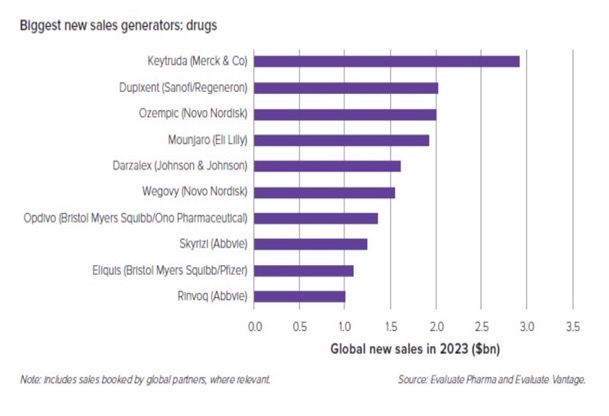Technologies | IMMUNE FX (IFx): Personalized Cancer Vaccines
Harnessing The Power Of The Innate Immune Response
The goal of cancer vaccines is to initiate an immune response to tumor neoantigens, which are the abnormal proteins that tumor-associated genetic mutations cause tumor cells to produce. There are a number of approaches that attempt to make a tumor look foreign to the immune system. The optimal cancer vaccine would make a patient’s entire tumor appear foreign and activate an innate immune response leading to the release of tumor neoantigens which are presented to tumor specific B cells and cytotoxic T cells, leading to their priming, activation, and proliferation of an immune attack against the tumor. TuHURA’s IFx platform technology utilizes a proprietary plasmid DNA (“pDNA”) or messenger RNA (“mRNA”) which, when introduced into a tumor cell, results in the expression of a highly immunogenic bacterial protein (emm55) from a rare variant of Streptococcus pyogenes on the surface of the tumor cell. By mimicking a bacterium, TuHURA’s technology makes a tumor cell look like bacteria activating the innate immune response, the body’s first line of defense against potential pathogens like bacteria.
Checkpoint Inhibitors Dominate Oncology Market, There Remains Significant Need to Overcome Tumor Resistance to Checkpoint Inhibitors
Resistance to Checkpoint Inhibitors (CPIs) Remains a Significant Unmet Need
However overall, only 20% of patients respond because tumors escape immune recognition and attack by not appearing foreign to the immune system.* For checkpoint inhibitors to work they require activated T cells, resulting from activation of an immune response against the tumor. The goal of immunotherapy is to activate an immune response against tumor antigens resulting in the activation of tumor specific T cells to allow checkpoint inhibitors to work in tumors where they would otherwise fail.
IFx-2.0 activates an immune response leading to the production of activated tumor specific T cells (and B cells) allowing checkpoint inhibitors like Keytruda® to potentially work in more patients.
Checkpoint Inhibitor Market Expected To Reach WW Sales Of $148 Billion By 2030**


*2019 May 3. doi: 10.1001/jamanetworkopen.2019.2535
**Source: www.precedenceresearch.com
The Optimal Personalized Cancer Vaccine Makes a Patient’s Entire Tumor Appear Foreign and Activates an Immune Response
Innate Immunity
Innate Immunity, also referred to as nonspecific immunity, is the body’s first line of defense against pathogens. It protects against all microbial pathogens by immediately preventing the spread and movement of foreign pathogens throughout the body.
The Optimal Personalized Cancer Vaccine Makes a Patient’s Entire Tumor Appear Foreign and Activates an Immune Response
Innate Immunity
Innate Immunity, also referred to as nonspecific immunity, is the body’s first line of defense against pathogens. It protects against all microbial pathogens by immediately preventing the spread and movement of foreign pathogens throughout the body.
IFx Personalized Cancer Vaccine Technology is Designed to Activate and Harness the Power of the Innate Immune Response
IFx-2.0 makes patient’s entire tumor appear foreign activating the innate immune response allowing checkpoint inhibitors to work where they previously failed or where they normally would not work.
Making Cancer Cells Look Like Bacteria to Activate an Innate Immune Response
Intra-tumoral injection of pDNA encodes for immunogenic (strep) bacterial protein expressed on surface of tumor cell
Molecular patterns of the bacterial proteins are recognized by pattern recognition receptors on our immune cells like antigen presenting cells (APCs)
These receptors are “pre-programmed” over evolution to recognize specific patterns on bacteria and other foreign pathogens and naturally activate the body’s innate immune response
Activated APCs digest the tumor and present the foreign tumor antigens to educate and activate B cells and T cells against these tumor antigens
Tumor specific B cells produce antibodies to seek out and, together with tumor specific cytotoxic T cells, destroy tumor cells
Additional Resources

